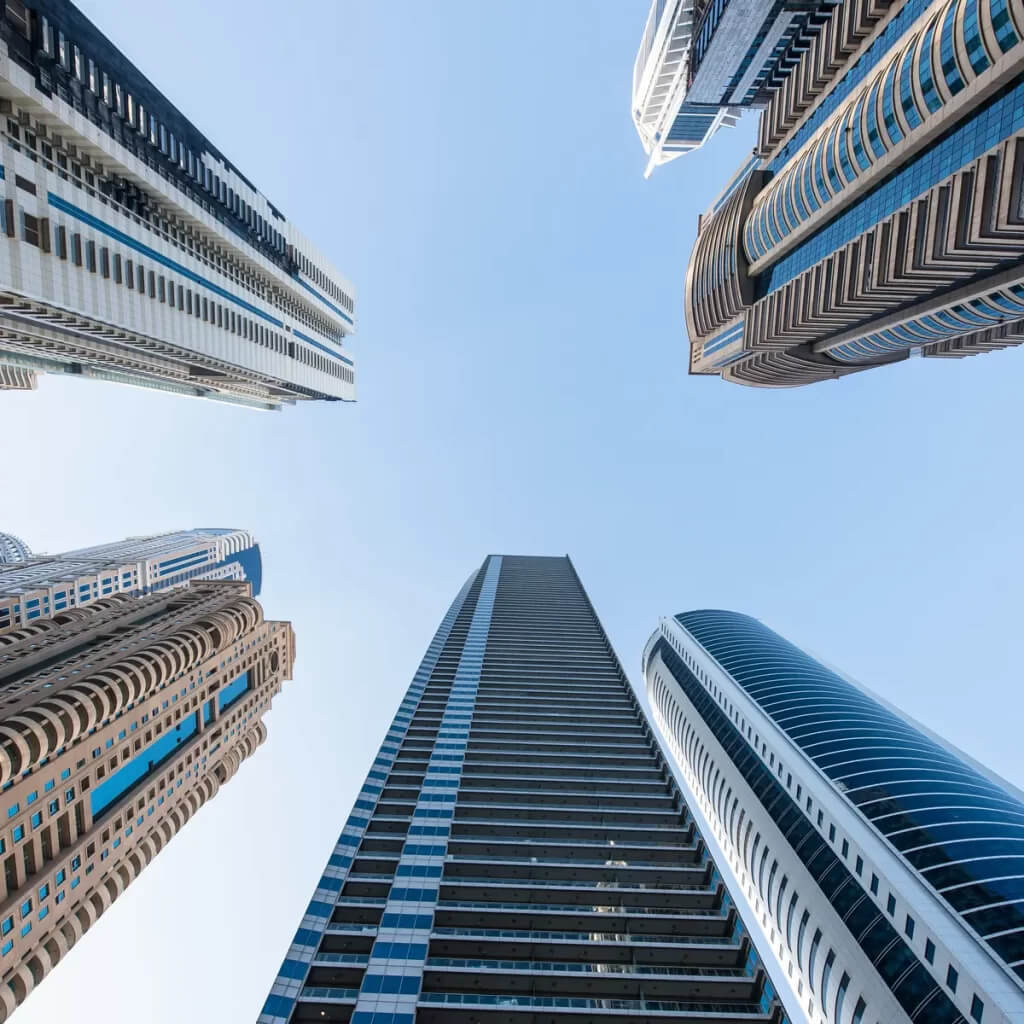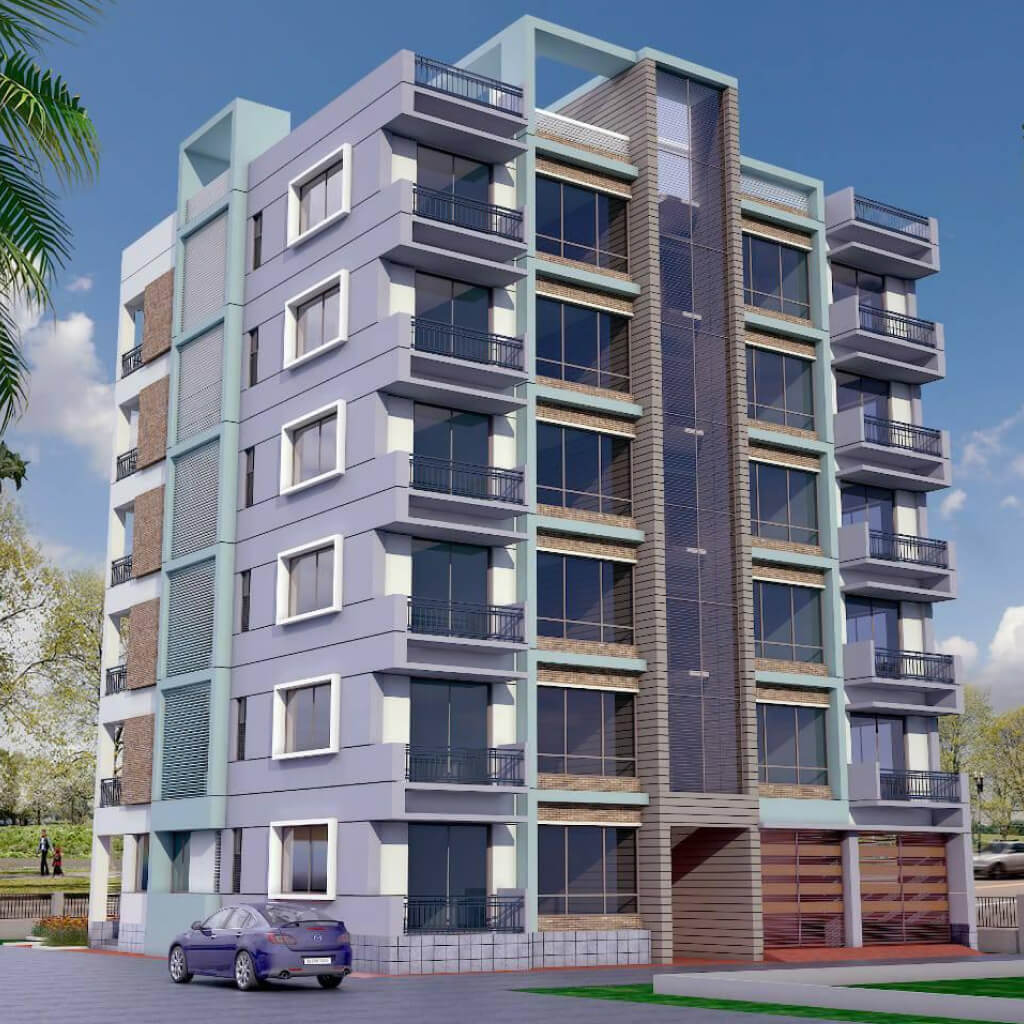



Houses Showcase - Ghana
Ghana
Houses for Sale in Ghana
Ghana’s real estate market is growing rapidly, making it an attractive destination for homebuyers and investors across Africa. With a stable economy, a rising middle class, and increasing demand for housing, the country offers numerous opportunities for both locals and foreigners.
Whether you're searching for luxury homes in Ghana Africa or affordable houses for sale in Ghana, cities like Accra, Kumasi, and Takoradi provide a wide range of options to suit every budget and lifestyle.
One key reason Ghana’s property market stands out is its economic stability. As one of Africa’s fastest-growing economies, the country continues to see infrastructure development, urban expansion, and foreign investments. Additionally, Ghana’s expat-friendly policies and peaceful environment make it a preferred destination for relocation and investment in rental properties.
If you're considering purchasing a house in Ghana Africa, now is a great time to explore the market. With government-backed housing projects and private developments, there’s no shortage of opportunities for first-time buyers, investors, or expatriates
Why Buy a House in Ghana?
Ghana has become one of Africa’s top real estate markets, attracting both local and international buyers. Whether you are a first-time homebuyer, an investor seeking rental income, or an expatriate looking for stability, Ghana offers several advantages.
1. Strong and Stable Economy
Ghana’s economy has remained strong due to industries like oil, agriculture, and services. With consistent GDP growth and a stable political climate, the country offers a secure environment for property investment.
A growing economy means rising property values, making homes in Ghana Africa for sale a profitable long-term asset.
2. Rapid Urbanization and High Housing Demand
Major cities like Accra, Kumasi, and Takoradi are expanding, leading to high demand for residential properties. A growing middle class and increasing expatriate population have boosted the need for quality housing, resulting in the continuous development of modern homes, apartments, and gated communities.
3. Government Support for Real Estate Development
The Ghanaian government promotes homeownership through affordable housing projects and real estate-friendly policies. Mortgage financing schemes and tax incentives for developers make it easier for individuals to buy homes.
4. High Investment Returns
Real estate in Ghana offers high rental yields, particularly in prime locations like Airport Residential, East Legon, and Cantonments. Additionally, with the rise of tourism and business expansion, short-term rentals (such as Airbnb) have become a profitable option for homeowners.
5. Expat-Friendly Property Ownership
Ghana is among the few African countries that allow foreigners to own property under a leasehold system (usually up to 99 years). The country’s peaceful environment, hospitality, and growing expatriate community make it an ideal place for relocation and retirement.
Best Cities and Regions to Buy a House in Ghana
Ghana offers a variety of real estate opportunities, from luxury homes in urban centers to affordable properties in emerging towns. Here are the best cities and regions to consider when buying a house.
1. Accra – The Capital and Real Estate Hub
Accra is Ghana’s economic and commercial center, making it the top choice for homebuyers and investors. It offers a mix of luxury, mid-range, and affordable housing options.
High-end areas like Airport Residential, East Legon, Cantonments, Labone, and Ridge attract premium buyers, while Adenta, Ashaley Botwe, Spintex, Kasoa, and Oyibi offer more budget-friendly ghana homes for sale. With strong demand driving property appreciation, Accra remains a prime location for real estate investment.
2.Kumasi – The Cultural and Business Center
Kumasi, Ghana’s second-largest city and capital of the Ashanti Region, is a thriving business hub with a dynamic real estate market. Luxury areas like Ahodwo, Asokwa, and Daban cater to high-end buyers, while Bantama, Tafo, and Ejisu provide more affordable housing options. With a growing population and expanding business activities, real estate demand in Kumasi is rising, making it a lucrative investment opportunity.
3. Takoradi – The Oil City
Takoradi’s booming oil industry and infrastructure development have made it a prime real estate destination. High-end areas like Chapel Hill, Beach Road, and Anaji Estate offer premium housing, while Apremdo, New Site, and Sekondi provide more affordable options. With its growing industrial base and busy port, the city attracts businesses and professionals, driving up housing demand and investment potential.
4. Tema – The Industrial and Port City
Tema, a well-planned industrial city near Accra, offers strong infrastructure and diverse housing options. Well-developed areas like Community 25, Sakumono, and Dawhenya provide attractive residential choices. Its proximity to Accra and expanding industries make Tema a prime location for real estate investments, especially for rental properties.
5. Cape Coast – A Coastal City with Affordable Housing
Cape Coast, famous for its rich history and scenic coastline, offers budget-friendly houses for sale in Ghana with strong tourism investment potential. Key areas like Elmina, Abura, and Ola provide great residential options. With increasing tourism, Cape Coast presents profitable opportunities for short-term rentals and vacation homes.

How to buy a House in Ghana
Buying a house in Ghana involves several legal and financial steps.
Determine Your Budget and Financing Options
Before searching for properties, assess your budget and financing options. Many buyers prefer using personal savings to avoid long-term commitments, while others opt for mortgage loans from banks like Stanbic, Republic, and Ecobank, offering terms up to 20 years.
Real estate developers also provide installment plans, making homeownership more accessible. Choosing the right financing option ensures a smooth and sustainable property purchase.
Research the Best Locations
Choose a location that fits your lifestyle, budget, and investment goals. Areas near business districts offer strong rental potential, while those with good infrastructure roads, schools, and hospitals—ensure long-term value and convenience.
Work with a Trusted Real Estate Agent or Developer
To avoid scams, partner with reputable professionals. Real estate agents help find properties within your budget, while certified developers ensure secure transactions. Online platforms like Meqasa, Tonaton, and Jumia House also list verified properties for sale.
Conduct a Property Search and Due Diligence
Before making any payments, verify the property's legal status. Check the title deed at the Lands Commission, ensure there are no legal disputes, and confirm zoning and building permits for residential use.
Negotiate and Sign the Sale Agreement
Negotiate the price and payment terms before finalizing the purchase. Sign a purchase agreement outlining the sale price, payment schedule, and conditions. Typically, buyers pay a deposit of 10-30% of the total cost.
Register the Property
Finalize ownership by registering the property at the Lands Commission. Obtain a Deed of Conveyance to transfer ownership and register the title for legal recognition. Pay the required stamp duty, usually 1-3% of the property value.
Move In or Rent Out
After registration, you can either move in or rent out the property. Long-term rentals provide a steady monthly income, while short-term rentals, such as Airbnb, can yield higher returns, especially in prime locations.

Types of Land Ownership in Ghana
Before purchasing a house in Ghana, it is crucial to understand the different types of land ownership to ensure a secure and legal transaction.
Government-Owned Land
Government-Owned Land is managed by the state and can be leased to individuals or companies for development purposes. Buyers interested in acquiring government land must follow formal application procedures and obtain the necessary permits.
Stool (Traditional) Land
Stool (Traditional) Land is owned by chiefs and traditional authorities, representing the cultural and historical heritage of local communities. Acquiring this type of land requires special agreements with the traditional leaders, and transactions must be legally documented to avoid disputes.
Family Land
Family Land is collectively owned by extended families, making the purchase process more complex. To acquire family land, a buyer must obtain consent from all rightful family members to prevent future ownership conflicts. A legal agreement should be drafted and verified to ensure clear and undisputed ownership.
Privately Owned Land
Privately Owned Land is the most straightforward type, as it is held by individuals or corporate entities. This land can be directly purchased or leased without the need for traditional or government approvals, making it the preferred choice for many investors and homebuyers.
Understanding these land ownership types is essential to making informed real estate decisions in Ghana. Conducting due diligence and working with legal professionals can help buyers navigate the complexities of land acquisition while avoiding legal complications.
Essential Legal Documents for Buying a House
When purchasing a property in Ghana, obtaining the necessary legal documents is crucial to ensure ownership security and compliance with the law. The Indenture (Sales Agreement) serves as a contract between the buyer and the seller, outlining payment terms, property details, and conditions of the sale.
The Land Title Certificate is issued by the Lands Commission and confirms the legal ownership of the property after registration. A Deed of Assignment is another essential document that transfers the leasehold interest from the seller to the buyer, making the transaction legally binding. Additionally, a Building Permit ensures that the property was constructed according to government-approved plans and meets safety regulations.
Lastly, a Property Tax Clearance Certificate verifies that the seller has no outstanding tax obligations on the property, preventing any financial liabilities from transferring to the buyer. To avoid legal complications, it is advisable to work with a real estate lawyer who can verify all documents before signing any agreements.

Property Registration Process in Ghana
To secure legal ownership of a property, buyers must go through the official registration process. The first step is to conduct a search at the Lands Commission to verify the land title, ownership status, and any potential disputes associated with the property. After verification, the buyer must obtain a Land Title Transfer Form, which is required for official ownership transfer.
Once the necessary documents, including the indenture, tax clearance, and identification, are gathered, they should be submitted to the Lands Commission for processing. A stamp duty payment, typically ranging from 1 to 3 percent of the property value, must be made to finalize the registration.
Once all requirements are met, the buyer receives a Land Title Certificate, confirming legal ownership of the property. The entire registration process can take anywhere from three to twelve months, depending on the location and administrative procedures involved.
Common Legal Risks & How to Avoid Them
Real estate transactions in Ghana come with potential risks that buyers must be aware of to protect their investment. One common issue is fake land sales and double sales, where fraudulent sellers attempt to sell the same property to multiple buyers.
To prevent this, it is crucial to verify property ownership at the Lands Commission before making any payments. Another risk is unregistered or stolen land, where some properties have no legal records, making ownership claims difficult to prove.
Buyers should always avoid purchasing unregistered properties and insist on legal documentation. Additionally, buying land from unauthorized sellers can lead to disputes, as chiefs, family heads, or real estate agents may falsely claim ownership. To minimize these risks, buyers should work with legal professionals and conduct thorough due diligence before finalizing any property transactions.

Final Thoughts
Buying a house in Ghana is a lucrative investment, but it requires careful planning and legal due diligence to avoid disputes and fraud. Understanding land ownership types such as government, stool (traditional), family, and privately owned land is crucial, as is verifying property titles through the Lands Commission. Essential legal documents, including the indenture, land title certificate, and tax clearance certificate, ensure a secure transaction.
The buying process involves financial planning, property searches, legal verification, and registration, which can take several months but is necessary for full ownership rights. To mitigate risks like fake land sales and unauthorized sellers, buyers should work with reputable real estate agents and legal professionals. When approached correctly, investing in Ghana’s real estate market can be both a secure and rewarding opportunity.
FAQs About Buying a House in Ghana
How do I find the best real estate agents in Ghana?
Start by researching online reviews and asking for recommendations. Look for agents with a proven track record and experience in the areas you’re interested in.
Can foreigners buy property in Ghana?
Yes, foreigners can buy property in Ghana. However, they are restricted from owning land near the coast or borders.
What documents do I need to buy a house in Ghana?
To buy a house in Ghana, you’ll need a valid ID, proof of funds, and the property’s title deed. A lawyer can help you verify the title and ensure all documents are in order.
Are there financing options for buying a house in Ghana?
Yes, many banks and mortgage companies in Ghana offer financing options. You can apply for a mortgage in Ghana with competitive interest rates and flexible repayment terms.
What are the hidden costs of buying a house in Ghana?
Hidden costs include legal fees, property taxes, and maintenance expenses. Always budget for these additional costs to avoid surprises during the buying process.
Hidden costs include legal fees, property taxes, and maintenance expenses. How long does it take to buy a house in Ghana?
The process can take anywhere from a few weeks to several months, depending on the property and legal requirements. Working with experienced real estate agents in Ghana can speed up the process.
What should I look for when inspecting a house in Ghana?
Check the property’s condition, including the roof, plumbing, and electrical systems. Also, verify the neighborhood’s safety and accessibility to amenities like schools and hospitals.
Topics
Countries
Author

Fahm Bekele
Agent
Share on Social Media
Share
Subscribe To Our Newsletter


Homes

Homes





